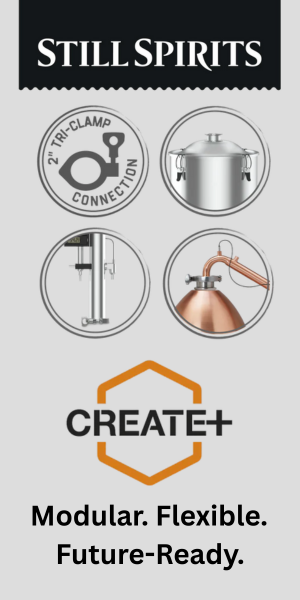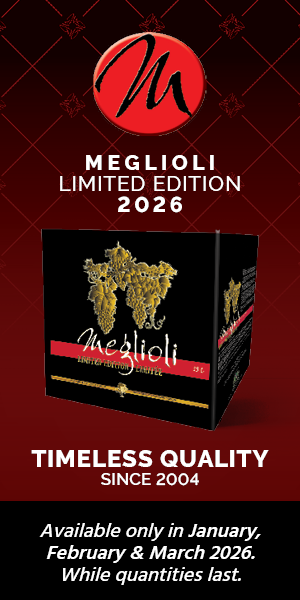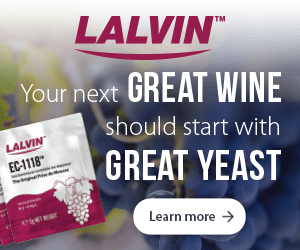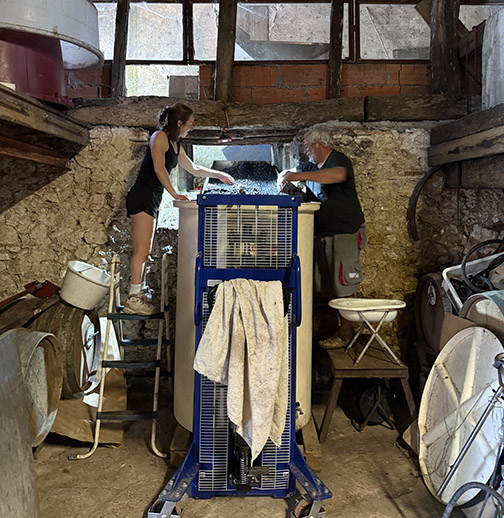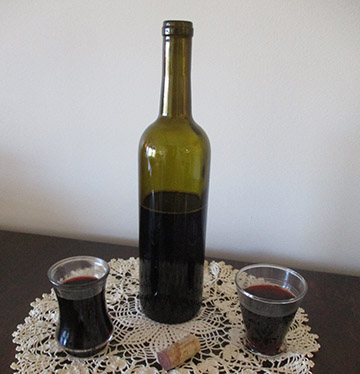Spit Or Swallow? Health benefits from spitting wine
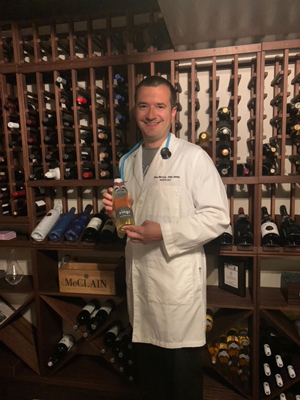
For decades it has been understood that moderate wine consumption decreases a person’s cardiovascular risk factors. In 1992, the “French Paradox” was described in which they discovered that the French had a lower incidence of coronary heart disease. This was a peculiar finding because the French had nearly one of the highest life expectancies despite primarily eating foods high in cholesterol such as cheese, breads, and pastries.
A number of studies were conducted to find the reason behind this French Paradox. When studies looked at minimal or heavy wine consumption, these investigations uncovered the same coronary heart disease and life expectancies as those who chose not to imbibe. However, moderate wine consumers demonstrated significantly less coronary heart disease.
Once this was discovered, the focus turned to why. Studies went on to discover that it was moderate red wine consumption that was beneficial and not white wine consumption. What does red wine have that white wine typically does not have? The answer to that was simple: The red wine maceration period in which the juice has extended contact with the skins and seeds.
This then created the question, what is red wine exposed to during this maceration period that white wine is not? Well, it turns out that is fairly simple: Resveratrol. So what exactly is resveratrol? It’s a polyphenolic compound, more technically a stillbenoid, produced by some plants, most commonly found in the skins of grapes, blueberries, raspberries, and peanuts.
A number of studies looked at how resveratrol worked and how our bodies react to it. One study in particular looked at resveratrol’s absorption. Interestingly, it found that we as humans tend to absorb most of the resveratrol sublingually, or under the tongue, as compared to in our stomach or intestinal tract. In fact, researchers found 15 times more resveratrol in the blood stream when absorbed sublingually compared to the gastrointenstinal tract. Therefore, resveratrol was more bioavailable when delivered via a person’s oral mucosa than when swallowed.
As cultures change, what we know and think are healthy has also changed. Is it really considered healthy to be consuming alcohol daily?
If we are constantly swishing and spitting, are we getting the health benefits that regular, moderate wine consumers are getting?
Nowadays, wine tasting is becoming quite common. More individuals are taking wine study courses. More individuals are travelling and visiting wineries. With the risk of being too intoxicated, it is becoming more common practice to swish the wine in your mouth during tasting and spit the wine out into a spittoon prior to describing what you noticed on your palate. There have been games invented based on documentaries that encourage blind wine tasting parties. But, how does one consume numerous glasses if not bottles of wine in a single sitting without causing them to fall into the “heavy” alcohol consumption category? That is easy: The spittoon.
This then poses the question, if we are constantly swishing and spitting, are we getting the health benefits that regular, moderate, wine consumers are getting? Given the above information, it is clear that the health benefits of resveratrol seem to be in the sublingual administration rather than via your gastrointestinal tract. While this is an unproven fact, one can infer that swishing your wine and spitting it out may actually be healthier than swishing and swallowing it. Which leads me to another question, is there any value in resveratrol pills (grape seed extract) if they are bypassing your oral mucosa?
So tonight when you have your glass of Cabernet Sauvignon, should you only swish and spit it out for the health benefits? I will not be doing that; down the hatch it goes!
